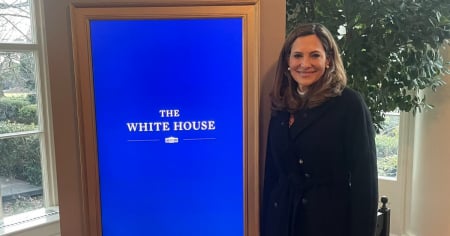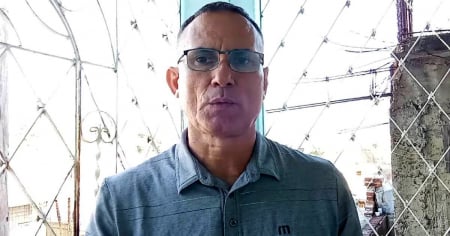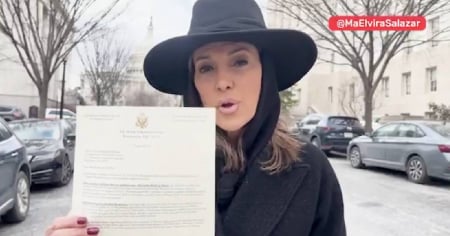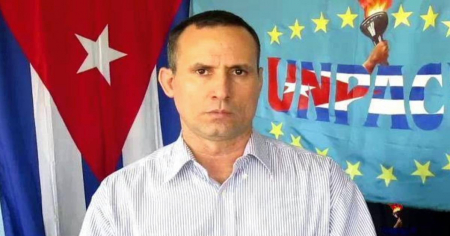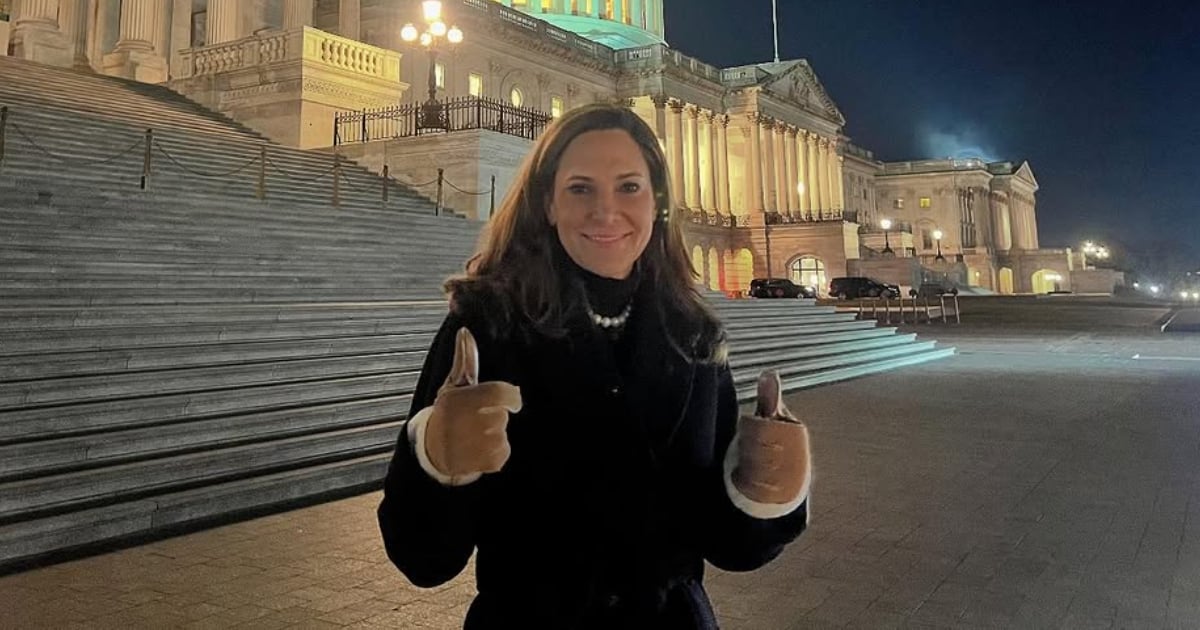
Related videos:
The Cuban-American congresswoman María Elvira Salazar is promoting a legislative proposal aimed at regularizing the immigration status of thousands of Cubans who entered the United States using form I-220A. This initiative seeks to grant them permanent legal status in the country.
This bill requests the Federal Congress to allow every Cuban with an I-220A to continue the immigration process until they obtain parole and can benefit from the Cuban Adjustment Act, explained Salazar, a Republican representative from Florida, at a forum organized by the Univisión network.
The I-220A form is a document issued by immigration authorities to asylum seekers who have been released under supervision. However, unlike parole, this document does not grant clear immigration benefits, leaving many Cubans in a state of legal uncertainty.
According to immigration experts, Cubans with the I-220A form face serious difficulties due to the lack of clarity regarding their legal status. Unlike TPS (Temporary Protected Status) beneficiaries, such as Venezuelans, I-220A holders do not have work authorization or protection against deportation, which complicates their integration into American society.
Salazar has advocated for these immigrants to be able to take advantage of the Cuban Adjustment Act, which allows Cubans to apply for permanent residency after one year and one day of staying in the country.
In May 2023, he called upon then Secretary of Homeland Security, Alejandro Mayorkas, to
Despite their efforts, in 2023, the U.S. Board of Immigration Appeals stated that the I-220A form is not valid for obtaining legal residency, which impacted thousands of Cubans.
In light of this situation, Salazar urged those affected not to lose hope, pointing out that it is "impossible to leave nearly half a million Cubans in limbo" and emphasized, at that time, that the administration of former President Biden, along with Secretary Mayorkas, had the ability to grant them legal status.
In August 2024, Salazar sent a message to Cuban migrants with I-220A, assuring them that she was continuing to work for them to apply for permanent residency through the Cuban Adjustment Act.
Even, has urged Cubans with I-220A to register in a database that is being created, with the aim of presenting their cases and exerting pressure to be granted a "Parole in Place," allowing these migrants to adjust their status without having to leave the country.
More recently, in February 2025, has been reported, due to the new immigration policies.
Salazar has reiterated his commitment to seeking solutions for these immigrants and has urged the community to hold on to hope while he collaborates with the government to find a favorable resolution.
Frequently asked questions about the immigration status of Cubans with I-220A in the U.S.
What is the I-220A document and how does it affect Cubans in the U.S.?
The I-220A is a supervised release permit that allows Cubans to remain in the U.S. while their immigration status is being determined. However, it is not recognized as an official admission document, leaving beneficiaries in a legal limbo without access to permanent residency.
What initiatives is María Elvira Salazar taking to help Cubans with I-220A?
Congresswoman María Elvira Salazar is advocating for a bill to regularize Cubans with I-220A, allowing them to apply for permanent residency through the Cuban Adjustment Act. She has urged Cubans to register in a database to present their cases to the Department of Homeland Security.
What challenges do Cubans with I-220A face in the U.S.?
Cubans with I-220A face multiple challenges, such as legal uncertainty, lack of access to permanent residency, and the constant fear of deportation. Additionally, they must adapt to the economic and cultural differences of a developed country, which can be a long and complicated process.
What impact could the U.S. presidential elections have on the future of Cubans with I-220A?
The U.S. presidential elections could significantly influence immigration policies, affecting Cubans with I-220A. A change in administration could open new opportunities or, conversely, tighten policies toward migrants, increasing uncertainty about their future in the country.
Filed under:

